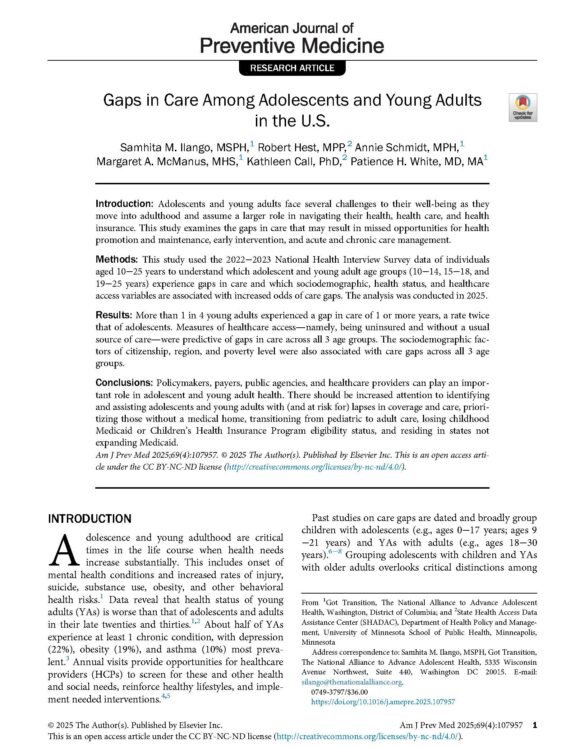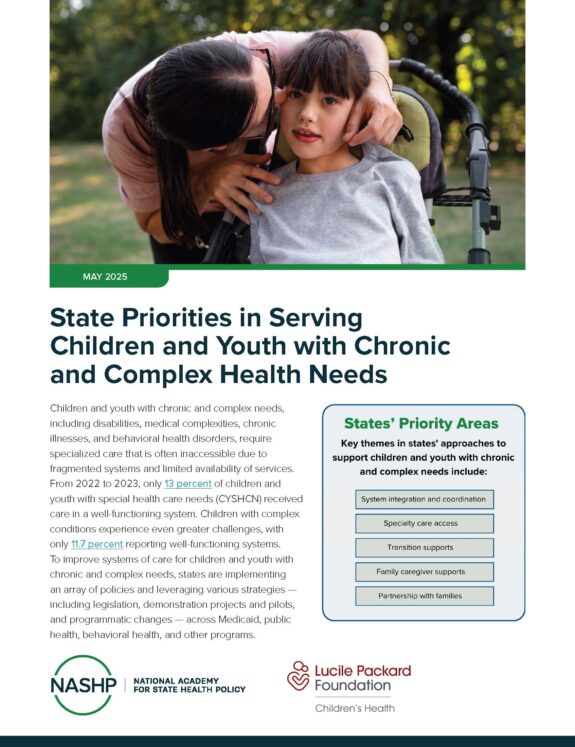Profile: Janice Milligan, Health Net
Janice Milligan once had to sell her car to pay for a wheelchair for her adopted daughter, who had spina bifida. She had just moved to California and didn’t know that she potentially could qualify for California Children’s Services (CCS) and aid from the state’s system of regional centers for people with disabilities.
That was two decades ago, but even today, “there are a lot of families who have no idea there are these services out there,” said Milligan, director of strategy and development at Health Net of California. In her work, Milligan aims to help families avoid having to choose between cars and wheelchairs.
That’s partly why Milligan has helped champion Health Net of California’s “embedding” of staffers at some of the state’s regional centers and placed specialized operators in Health Net’s call centers to help parents with medically complex children. “Placing our trained associates in regional centers and in our own call centers helps us respond to parents’ concerns knowledgeably and in real time,” she said.
Working for one of the nation’s largest health plans, Milligan is well aware of longstanding consumer attitudes about managed care.
“Each day, I’m motivated by our goal of giving people the resources they need to find solutions for their children’s needs,” said Milligan, who started her health care career as a registered nurse. “I know there are people who don’t think of a health plan that way, but the reality is that’s what we do.”
Milligan said it’s unfortunate that many parents of children with special health care needs view the system as “health care by denial,” where they first face denials of care or equipment before they can find someone to pay for it.
“I say, ‘Let’s sit down and start with who’s paying for what and then figure out a care plan,’” Milligan said.
She said that she and Health Net work hard to make sure insurers, primary care doctors, pediatric specialists, hospitals, regional center staff, and even schools work together with families for better care coordination and case management.
“By working together, I think we can help ensure that a hospital’s case management plan is fully carried out when the child goes home,” she said.
As for various emerging proposals to shift CCS beneficiaries into managed care, Milligan said she’s hopeful that any new plan does a good job of evening out regional disparities in medically complex care for children.
“Personally,” she said, “I hope the state considers the idea of creating a statewide plan, versus a regional approach, to cover children with special health care needs.”



